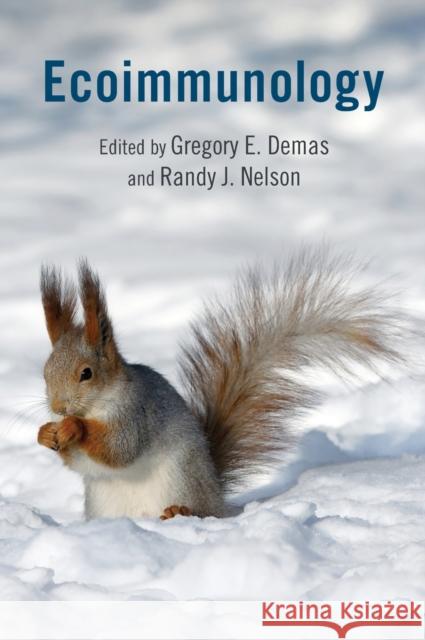Ecoimmunology » książka
Ecoimmunology
ISBN-13: 9780199737345 / Angielski / Twarda / 2011 / 656 str.
The role of parasites and pathogens in the evolution of life history traits is of increasing interest to both ecologists and evolutionary biologists. Immunology, which was once studied almost exclusively by immunologists, has become an important area of proximate investigation to animal physiologists as a means for understanding changes in disease susceptibility and the neural and neuroendocrine mechanisms that mediate these changes. The coalescence of these different perspectives has given rise to the field of ecological immunology, an interdisciplinary research field that examines interactions among host physiology and disease ecology in a wide range of environmentally relevant contexts. The goal of ecological immunology is to understand immune function in the context of life-history traits across a wide range of organisms. Research within the field combines diverse approaches from a wide range of scientific disciplines including evolution, ecology, and life history theory to endocrinology, neuroscience, molecular biology, and behavior.
This book critically reviews recent advances in the discipline of ecoimmunology. Chapters are written by experts in their respective fields and cover diverse topics including how environmental factors can affect host immune function, the complex dynamics among host immunity, pathogen prevalence and disease susceptibility, and the physiological mechanisms that lead to adaptive changes in immune responses. By integrating analyses of immune system function within animal biology, investigators will gain will gain a more comprehensive and satisfying understanding of organism-environment interactions at both ultimate and proximate levels of analysis.










